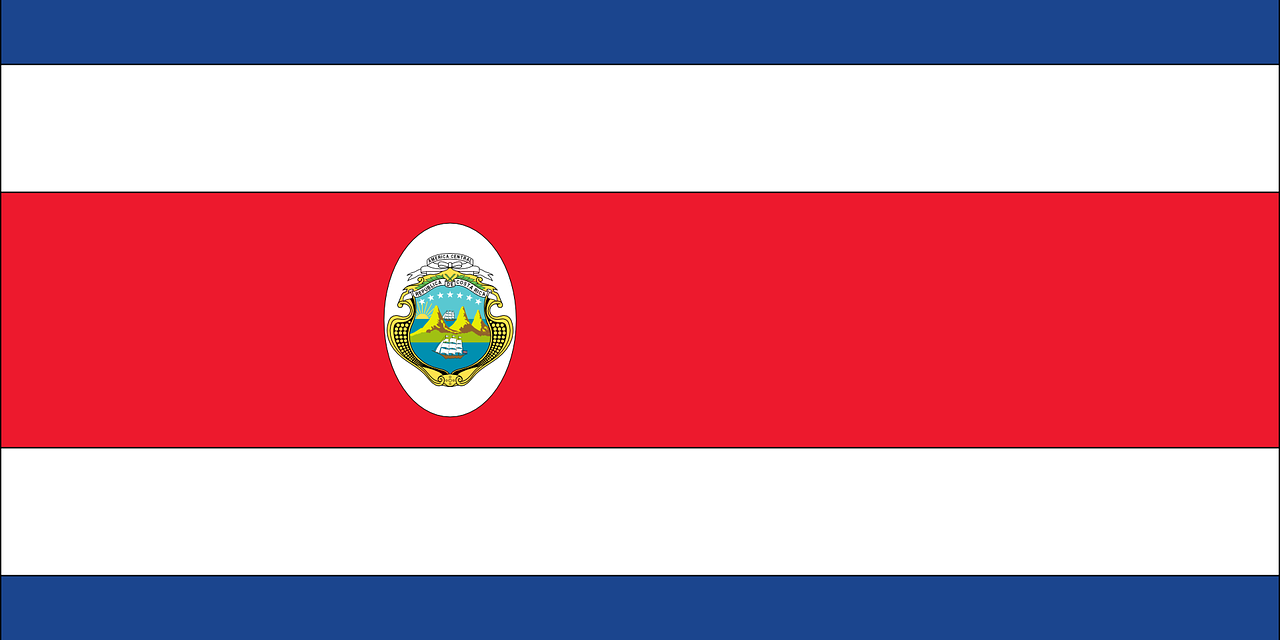Costa Rica celebrates Independence Day on Sunday, commemorating 203 years since its separation from the Spanish Empire in 1821.
Costa Rica’s Independence Day is celebrated with the other Central American nations of Nicaragua, Honduras, El Salvador, and Guatemala. The Act of Independence of Central America in 1821 saw these nations peacefully secede from Spain, and this has since become a unifying point of celebration across the region.
Festivities are underway, with the main highlight being the annual torch relay across all five nations, symbolizing the spread of news of their independence.
Beginning in Guatemala where the original Act of Independence was signed, the torch relay is expected to reach its final destination of Cartago, the former capital of Costa Rica, on Independence Day.
Culture of peace
The century following independence saw multiple periods of conflict. However, Costa Rica escaped this cycle of instability following the 1948 Civil War by becoming the first country in the world to abolish its military.
Costa Rica officially adopted neutrality as its foreign policy in 1983. The nation would become a regional arbiter for peaceful conflict resolutions in the proceeding years.
Costa Rica’s most impressive diplomatic achievement is the 1987 Esquipulas Peace Agreement, spearheaded by former president Oscar Arias Sanchez. The agreement saw greater cooperation between Costa Rica and its neighbors to end the region’s violent civil wars and increase the protection of human rights.
For his efforts, Arias became the first Central American citizen to be awarded the Nobel Peace Prize, a fitting distinction for a nation so committed to peaceful conflict resolution as part of the Costa Rican national identity.
A global leader in conservation
Abolishing its military has also allowed Costa Rica to invest more funds towards environmental endeavors.
Since the 1980s, reforestation efforts have increased forested land to 55% of Costa Rica’s landmass, with 25% of its overall landmass designated as national parks.
With this commitment to the environment, Costa Rica has been able to uphold its impressive feat of sheltering 5% of the world’s biodiversity.
Furthermore, Costa Rica is steadily on track to achieve its long-term goal of carbon neutrality by 2050. At the moment, it is estimated that 98% of electrical energy is renewably cultivated, with the bulk coming from hydropower.
Costa Rica has proven itself not only as a fantastic arbiter in regional disputes but also as a global leader in sustainability.
*Diplomatic Network (Asia) wishes our friends from Costa Rica a happy Independence Day.







